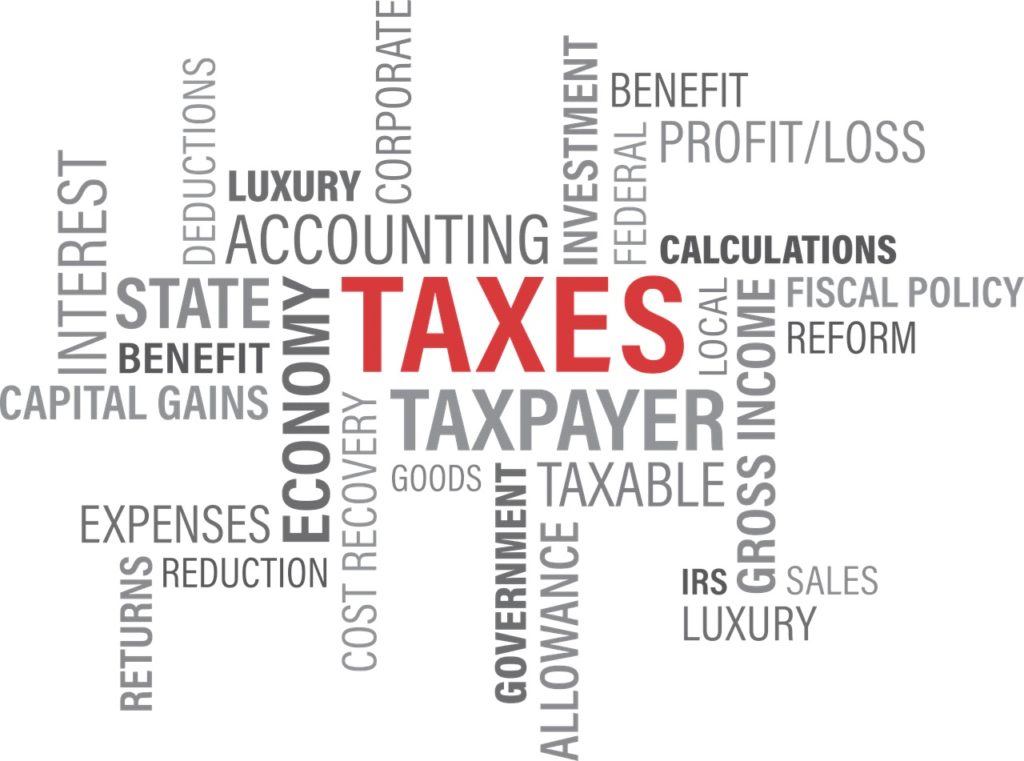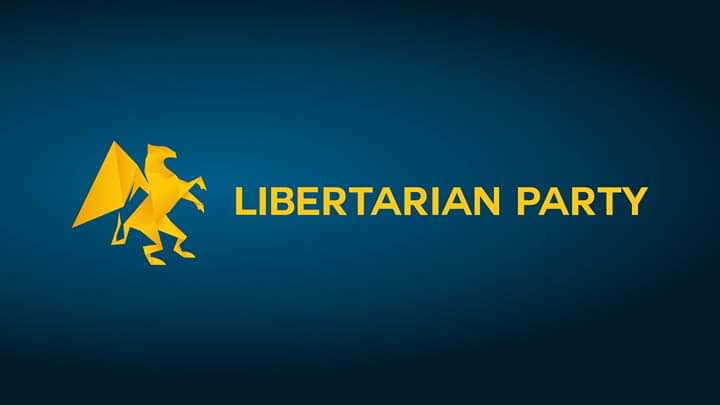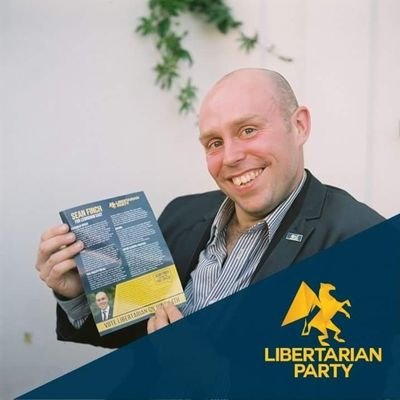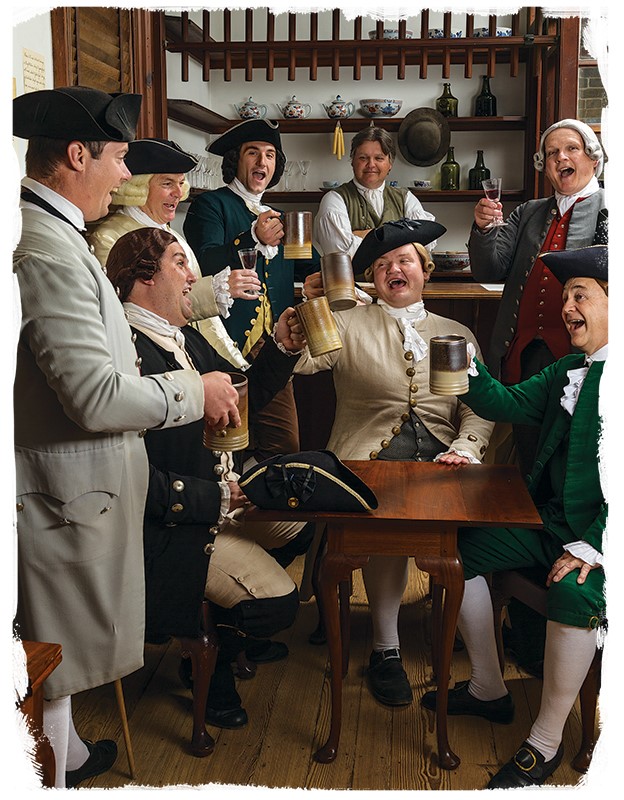
Economic Piece by Josh L. Ascough
Portions of this article are parts of a larger collection of my upcoming work titled: “The Long Road Against Statism”
“Taxes are the price we pay for a civilised society” is what we are told; by politicians, progressives, watermelon environmentalists, and other self-declared benevolent busy bodies. Yet this very notion is predicated on the premise of “assumed consent”; nay, the very concept of “societal good” or “public good” via government coercion is crystallised in the notion of assumed consent.
“The nature of this premise is rooted in the desire to control how our fellow man operates; how he uses his property and values, and how much of his values and property are permitted for him to assess and access”
All of these concepts and notions are rooted in the belief that the individual is under obligation to accept the assumed consent of his neighbour to sacrifice the individual’s values on the individual’s behalf; that no man may truly own his existence, nor be master of his own destiny. The nature of this premise is rooted in the desire to control how our fellow man operates; how he uses his property and values, and how much of his values and property are permitted for him to assess and access.
These parasitic piranhas show their true colours when questioned; they demand their fellow man have his resources, values and property extracted by the external, yet refuse to voluntarily relieve themselves from their own property further. These “Men of State” bestow upon themselves entitlement to the values and properties of others, but do not view themselves in the same light.
This is the mind-set of the “Statist Entitlement Complex”: You must accept the assumed consent from the external to extract your property and values, because it has been deemed that your values and property are not permitted in your possession on the basis of the assumed consent via the societal good, which has been made the mandatory good on your behalf through assumed consent.
This apparent “societal good” via government coercion based within the premise of assumed consent, cannot operate on acknowledging the existence of the individual or his self-ownership; it must view the individual as expendable to the State and the tribe.
With this said, we conclude at the beginning of this article, that taxation is not the price we pay for a civilised society; taxation is the price we pay for assuming consent to Tribalism, Collectivism, Statism, and the externally defined sacrifice on the behalf of the sovereign individual.
With the introduction to this article, we require starting from the position of a priori knowledge; an axiom that man, the individual is sovereign.
This axiomatic truth, by recognising the sovereignty of the individual, as well as the sentience of the individual, acknowledges that value is subjective; as one man seeing higher value in his self-interested pursuit of service to others, may not be recognised or adopted by another fellow to the same degree, and that all sovereign individuals strive for the maximisation of their values; even he who chooses the maximisation of his value to pursue service to others over himself is his own sovereign self, and is operating in rational self-interest and the expansion of his own moral value, so long as he views this to be of higher value to himself over other values he may hold or strive for. Furthermore, this axiom acknowledges that all values face trade-offs; the sovereign individual can trade long term values and his future existence for short term values and current existence and vice versa, yet in addition, we acknowledge the objective reality of what is needed for the full pursuit of these values: Action.
Action requires ideas to be processed and progressed into action.
Ideas require thought to be interpreted and crystallised into ideas.
Thought requires values in order for the manifestation of thoughts.
Values require needs in order to assess which are of higher value.
Needs require life in order for a potential need to exist.
It is not “I think therefore I am.” It is, “I am therefore I think.” Hence the process which is the heir to this notion is: “I think therefore I act.“
All human action is purposeful to the sovereign individual towards the goals he sees as of value; these goals can be ends in and of themselves, or ends that once achieved, are developed into means for the purposeful action towards other goals and values.
Through this understanding of our a priori of human beings, our axiom of the sovereign individual and that all individuals strive for the maximisation of their subjective value; trading those which hold lesser value to them for those which hold higher value, we come to the other notion.
No individual can perform a sacrifice to which he consents to. A sacrifice requires the termination of a higher value in exchange for that which is of lower value to the individual: if the action has truly been consented to by the individual, it must be of higher value to him, hence he made no sacrifice; he gained a value. A sacrifice can only occur therefore, via external forces assuming consent over the individual to act on his behalf.
If we continue down this path of assuming consent over the individual to sacrifice his values on his behalf, for the abstract higher plane known as “societal good”; to him both economically and socially, we risk reverting ourselves to poverty, not just in economic terms, but poverty in moral terms.
In his 1954 book, The Income Tax: Root of All Evil, Frank Chodorov gave several political, philosophical and economic arguments against the Income Tax.
From pages 12 – 13, Chodorov gives a description as to how Income Taxation is, an essence of Socialism:
“…when this amendment became part of the Constitution, in 1913, the absolute right of property in the United States was violated. That, of course, is the essence of Socialism. Whatever else Socialism is, or is claimed to be, its first tenet is the denial of private property. All brands of Socialism, and there are many, are agreed that property rights must be vested in the political establishment. None of the schemes that are identified with this ideology, such as the nationalization of industry, or socialized medicine, or the abolition of free choice, or the planned economy, can become operative if the individual’s claim to his property is recognized by the government. It is for that reason that all Socialists, beginning with Karl Marx, have advocated income taxation, the heavier the better.“
What Chodorov says is in relation to the distinction between Direct Taxation, and Indirect Taxation. While Indirect Taxation still extorts a portion of resources from the individual, and operates as all taxation, on the basis of assumed consent, Indirect Taxation recognises the original claim of ownership to be within the hands of the individual wielding command over the resource. The Indirect Taxation requires the individual to first consent to a particular act; buying a product for example with the Sales Tax. Direct Taxation on the other hand, such as the Income Tax, does not require the individual to consent to a particular act, and does not treat the resource to be the property of the owner, who holds the official claim. Direct Taxation, such as Income Tax, sees the income as a loan by The State; the individual labourer holds no claim of ownership for his fruits, his fruits are loans by The State holding a claim as original, official owner of the property.
This type of taxation holds consequences for the productivity of the economy and the living standards of all individuals. There are two core consequences:
- Lack of Saving.
- Reduction in Incentive.
Through income taxation, individuals hold a reduced amount of expendable income, which means the marginal utility of goods affordable to them decreases and the opportunity cost between consumption for more urgent needs and current value, and saving for future consumption and future living standards increases; the man who is taxed up to 40% has a much smaller surplus bracket for saving consumption for the future, and finds himself prioritising current, short term consumption of goods whose marginal utility are high; in other words, living for the day, by the day.
“the only way to ensure economic progress and the increase in the standard of living, is to increase the per head capita investment, which is only possible if people are saving and investing to allow the expansion of capital investment, and the furthering of the division of labour”
When individuals have large portions of the fruits of their labour extorted, they are less inclined to save; which places a major problem into economic progress and productivity, as the only way to ensure economic progress and the increase in the standard of living, is to increase the per head capita investment, which is only possible if people are saving and investing to allow the expansion of capital investment, and the furthering of the division of labour.*
*(One could make the argument that the Income Tax and top-down imposed disincentive for saving creates the incentive for central banks to artificially lower interest rates and expand credit beyond the money supply, creating inflationary booms and beginning the process of the boom/bust cycle. Though this is not a piece on monetary policy and I don’t intend to make it one.)
Finally on the first note, the forced disincentive for saving reduces the judgement the individual is capable (or maybe allowed is the right word) of making towards his property, and how to best allocate his resources to maximise his quality of life.
“In other words, your ownership entitles you to use your judgement as to what you will do with the product of your labour-consume it, give it away, sell it, save it. Freedom of disposition is the substance of property rights.“
~ Frank Chodorov – The Income Tax: Root of All Evil page 18.
On the second note as to the dangers of Direct Taxation, it creates a disincentive for individual productivity and production. If an individual has his resources extorted heavily and continuously, he will become disinterested with furthering his productivity and with continuing his production; as he sees his fruits, and the productivity he could place with them, restricted by the State, and since no one can consume more than they have produced (unless you’re the government and have the magic power of ignoring economic realty at the expense of everyone else), the living standards of the individual reduce. This is why the greatest enemy to the individual, especially the poor man, is not “income inequality”, but income extortion and inflation of the money supply, and devaluation of his resources; leading him straight into the welfare trap.
“Interference with this freedom of disposition is, in the final analysis, interference with your right to life. At least, that is your reaction to such interference, for you describe such interference with a word that expresses a deep emotion: you call it “robbery”…if you find that this robbery persists, if you are regularly deprived of the fruits of your labor, you lose interest in laboring. the only reason you work is to satisfy your desires, and if experience shows that despite your efforts your desires go unsatisfied, you become stingy about laboring. You become a “poor” producer.“
Frank Chodorov – The Income Tax: Root of All Evil page 18.
As stated above with the philosophical argument for the sovereign individual on the subject of a priori knowledge in accordance with human action being purposeful, if faced with a direct tax, the sovereign individual’s unseen consequences are enacted. He has not been permitted the maximum capabilities of his ability to proceed with the objective, purposeful process for attaining his ends via the means he holds command over; he has been denied his full ability to act.
This indicates that he has in addition, been denied his full ability to process his ideas, manifest his thoughts, asses his values, nor recognise his needs; he ultimately has been denied the maximisation of his a priori knowledge of purposeful human action; he has been denied the maximisation to life.
There would be many who would say that a direct tax is a fair tax, based on either one of two principles:
- Ability To Pay.
- Relation To Benefits Received.
Both of these reasons given for the justification of a direct tax are in the negative however.
With regards to the ability to pay principle, there is no clear standard about what is meant by someone’s “ability” to pay. For example, let’s say two people; person A and person B. Person A earns £50,000 per year, Person B earns £28,000. A has no savings, person B has loans from undergrad and graduate tuitions to pay off. B has no children, A has 4 children. Who in the example has the greater ability to pay? There’s no unit to measure who has the greater ability to pay.
One way people try to argue around this, is by stating that when people give charity to their church, or to an animal rights organisation let’s say, they are encouraged to give within their means by the priest or animal rights organisation representative; the argument pertaining that it is the same with taxes. However, the priest doesn’t come to your house if you refuse to give 20-40% of your income; nor does PETA take you to court for charity evasion (though knowing PETA I can see them threatening to do so). The State however does. There is no means to resign from the government. In addition do people truly only give to charity based on their means? Of course not. People give to charity because they subjectively believe there is a value in doing so. Carl Menger once addressed these values as the satisfaction of imaginary needs; because these were values that did not directly or indirectly benefit the individual’s human needs, though he recognised said individuals’ were achieving the value of needs they believed required satisfying.
As a final note on this current principle, the market and in turn market prices obey the law of one price. Everyone expects to spend the same money on bread, cars, iPhone’s, iPad’s etc. People with a greater ability to pay don’t pay more for these goods. If people were expected or required to pay more for these goods based on their ability to pay; for example if someone earning £50,000 had to pay £3,000 for an iPhone, yet the individual earning £18,000 only had to pay £500, there would be no incentive for people to work harder, to acquire a higher income, or to save for the future. This would in effect cause equal income, as no one would hold any incentive for greater productivity, and the economy would collapse.
The other principle as mentioned is that the direct tax is in relation to the benefits a person receives from society. There are a few things wrong with this.
“People engage in market activity based on mutual, consensual exchange; government on the other hand is coercion. When people engage in market exchange, they do so because they perceive there to be a benefit, this benefit is subjective. However, because tax is non voluntary, they do not indicate any sort of benefit”
The individual earning £50,000 is able to do so because he is providing higher productivity that is valued more, and is of greater service to consumers; whether directly or indirectly; so by this terminology, said individual is giving back to society based on his productive efforts, and is being paid in proportion to how productive he is. In addition the market is not government. People engage in market activity based on mutual, consensual exchange; government on the other hand is coercion. When people engage in market exchange, they do so because they perceive there to be a benefit, this benefit is subjective. However, because tax is non voluntary, they do not indicate any sort of benefit. While there is no form of a just tax or a fair tax, if the aim is to add a layer of consent to a tax and to ensure the maximisation of an individual’s ability to command the resources he holds a claim to, the better methodology is to pursue an indirect tax system; such a system would not only ensure that people pay a tax only when engaging in a consensual action, and provide ability and incentive for savings; such a tax system would also ensure governments inability to directly extort resources simply based on ownership, and force governments to adopt a more fiscally responsible position, based within their means, and to limit government to focusing on their primary focus; which is the protection of life, liberty and property.

Picture: https://pixabay.com/illustrations/tax-taxes-government-refund-word-1351881/

















